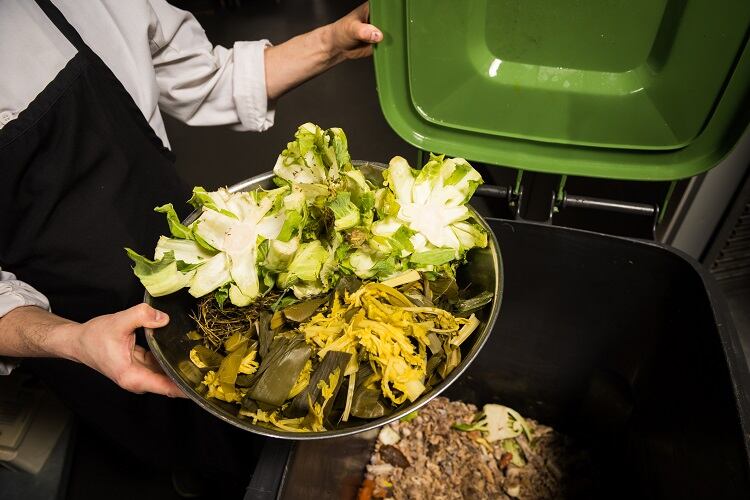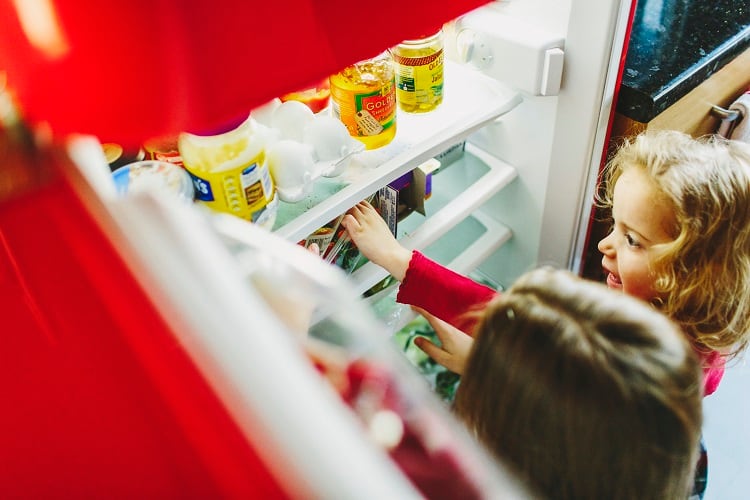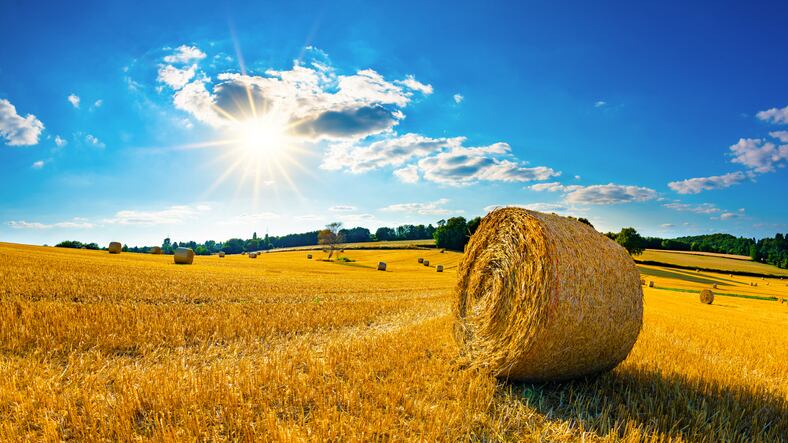The seed round investment was led by PeakBridge’s Food Spark fund, with co-investors including EIT Food, and previous investors in the food waste management start-up DOEN Participaties and the Brabant Development Agency (BOM).
Financing will be put towards R&D and commercialisation efforts, as well as increasing Orbisk’s scale.
“It fills us with pride that this investor group shares our belief that our progressive technology will help the planet to take the next step towards a sustainable future,” said Orbisk CEO Olaf van der Veen.
“We have full confidence that the network, capabilities and knowledge of the group of impact-oriented investors will accelerate the next step of our company, targeting >100m kg food saved in 2025.”
The food waste problem
Orbisk is on a mission to combat food waste. Approximately one-third of food produced for human consumption never reaches the consumer – equating to 1.3 gigatons of edible food that is lost or wasted each year.
This equates to 3.3 gigatons of CO₂ equivalent emitted annually. Indeed, if food waste were a country, it would be the third-highest emitter of GHG emissions after the US and China.
The hospitality industry is a significant contributor. An average-sized restaurant is thought to waste around 30-60kg of food in a day. And every year, more than 10,000 kg of food can go to waste in a single restaurant.
Orbisk CEO and co-founder van der Vleen first came up with the idea for the start-up while at a breakfast buffet in a hotel. Being one of the last guests dining that morning, he observed the amount of ‘pristine’ food that was going to waste.
By reducing that waste, not only will the environment significantly benefit, but so will business. Reducing food waste should increase purchasing costs – Orbisk estimates that wasting around 30-60kg of food per day equates to, on average, €200 in food purchase costs – and decrease profit margin.
AI image recognition
Orbisk estimates its monitor can give hotels, restaurants, and industrial kitchens the ability to reduce food waste by up to 70%.
It does this by leveraging image tracking recognition technology, to identify which ingredients are being wasted, and in what quantities.
For starters, Orbisk provides a plug-and-play installation of its food waste monitor in the kitchen. More specifically, the smart camera is fitted in professional kitchens’ organic wastebin.
The monitor automatically registers all food waste in the kitchen, and in-built artificial intelligence (AI) software recognises exactly which products are being thrown away.
This allows the chef to note which food items are being wasted on any given day or week. The data provided also indicates exactly when the waste occurs and why. “This way, you can optimise your supply, the purchasing process, or your menu, based on data,” according to the start-up.
“This not only saves money, but you also prevent a lot of unnecessary food waste.”




